Menstrual cups. Great for the environment, fantastic for our bodies but a terrible business model. ‘Buy this product once and it will last you ten years’ is a far cry from the monthly revenue of traditional tampons or pads. However, sustainable Small Brands such as Sea & Flo and the conscious business owners behind them understand that business models need to adapt to fit with evolving values and goals.They care about the environment, our ownership over our bodies and providing consumers with products that help them provide for their bodies instead of feeling ashamed by them.
Maria joined us to discuss her brand Sea & Flo and menstrual cups, touching on all manner of topics: wellness, gender conditioning, buying less and investing in supportive products, making donations to mental health charities and our cultural shift to focus on people before profit.
I use Sea & Flo’s menstrual cup and I cannot recommend it enough. As Maria and I discuss, we have a level of care for our period product which we feel shares that love and cares for us back. Maria calls her products ‘care products’, another welcomed step away from ‘feminine hygiene products’ which reinforces the stigma around periods as well as a restrictive gender binary.
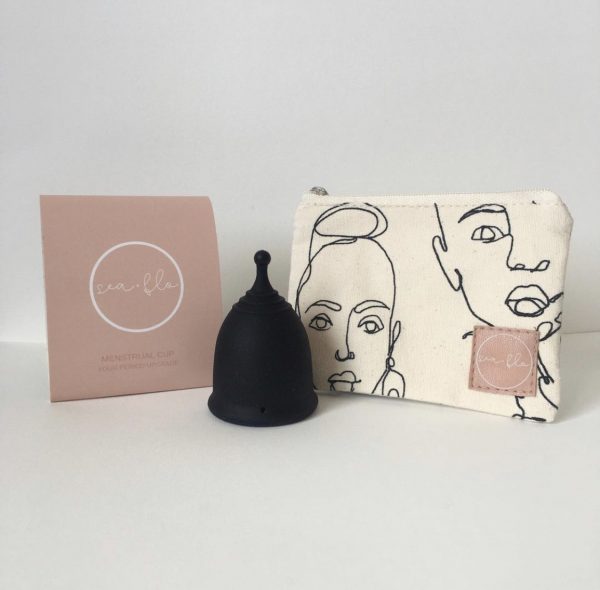
I purchased the Duo Cup set, which comes in two sizes along with the cotton bag. Don’t fret FreeBirds, you can learn more about the sizing in this video. I am under 30, I haven’t had a full term pregnancy and I considered myself slight, therefore I use the small size. At some point I may decide to move to the larger size– if I’ve had a baby or maybe just decide to try it out. They last for ten years so I thought, why not get both now? Once our relationship comes to its natural end, they can be recycled or burned — which is the most ecological way to go, although it does feel a bit harsh.
The cups are black, which Maria explains was designed to avoid the shame that can come with using stainable cups. Informed by her past experiences with cups, Maria designed Sea & Flo products to ensure her customers never feel period shame again.
With the cup comes a stunning cotton bag– the design is fresh, non gender specific and I personally feel it brings a sense of community. When I reach for my menstrual cup, when I need its care the most, I see all those faces, lines, shapes and bodies, and I wonder– how many other menstruators have this lovely cotton bag and the support of their cup?
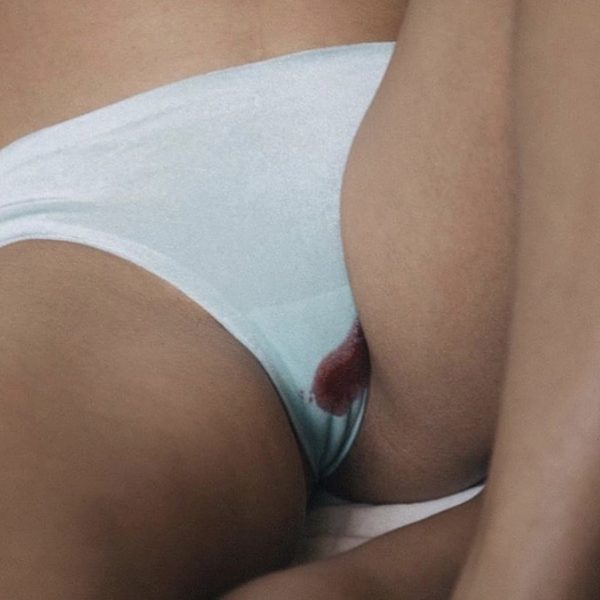
A Sea & Flo cup is incredibly soft and flexible, and its thicker rim helps hold its shape and acts as a seal. When used correctly, which may require some fiddling around at first, the cup is fully leak-proof. The little stem at the base of the cup is smaller than on the average cup and it is rounded in shape, making it highly comfortable.
Sea & Flo’s packaging echoes their eco-conscious values: I was over the moon to receive a cardboard envelope with a thank you message, and the product. No plastic, no non-recyclable material, just Sea & Flo.
Maria’s values lead her and all her business operations. Like other sustainable period product business owners, she recognises that the lump sum to purchase a reusable/sustainable period product can be daunting and unaffordable, particularly during a pandemic. That’s why Sea & Flo operate an AfterPay scheme; with no interest weekly payments, purchasing a cup is even more accessible.
Maria’s brand, and this chat, aren’t about flogging products or making money. As you will see from their Instagram and this video, Sea & Flo is a home for period care and wellness. For too long periods have been painted as negative, shameful, even dirty. Maria works to move away from the dread which impacts us psychologically and encourages everyone to recognise the power and beauty in periods. Her product has this feel-good energy and aesthetic which helps my personal journey to care for my period, rather than disown it.
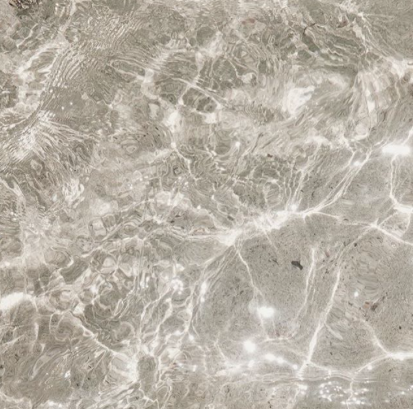
Sea & Flo recognise that traditional gender roles impact people of all genders, therefore the company strives to empower everybody to talk about periods, and understand their impact on an individual as well as a global level. Now more than ever, the younger generation is willing to tackle these conversations and to fight for change. Sea & Flo aim to support their sustainable period journey and is looking into creating cups for menstruators aged 15 and up. Imagine a world where periods are no longer associated with shame, expensive or wasteful products– menstrual cups bring us one step closer to fully zero waste periods… for just 20p a period.
During this last installment of the 21st-23rd August 2020 Sustainable Period and Period Poverty weekend here at FreeBird, we encourage you to consider switching to reusable period products. Research your options, ask brands for advice and more information on any sustainable period product that you’re interested in, and find what works for you and your body.
As Maria says, and we at FreeBird strongly agree, the education system let us down. We are not educated enough about our menstruation, our bodies and how to love and care for ourselves during our periods. Watch now, educate yourself that little bit more, and for further reading, check out Maisie Hill’s Period Power.
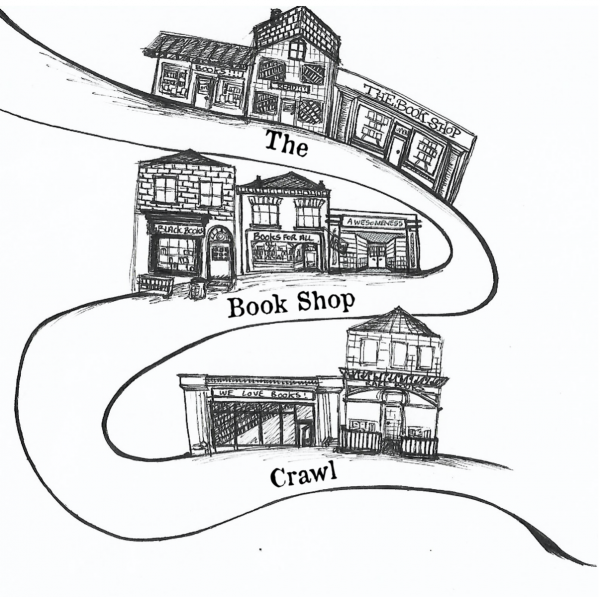

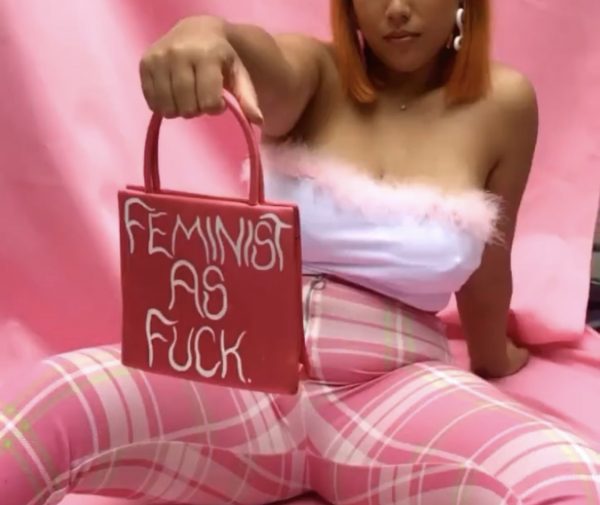
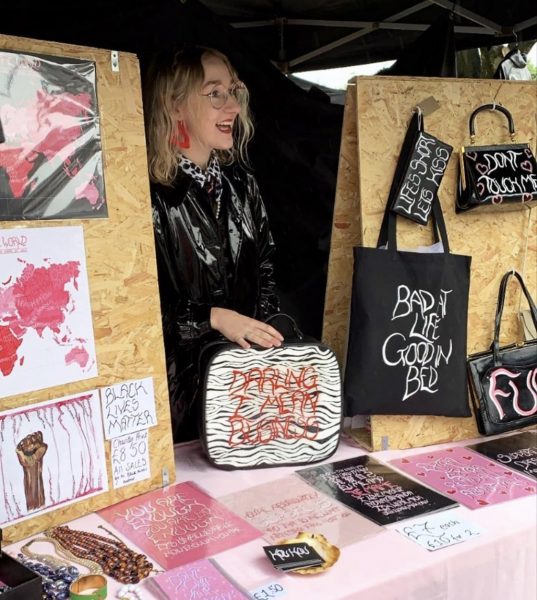
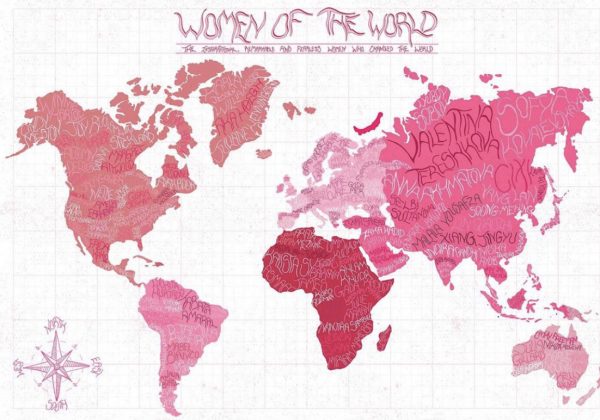



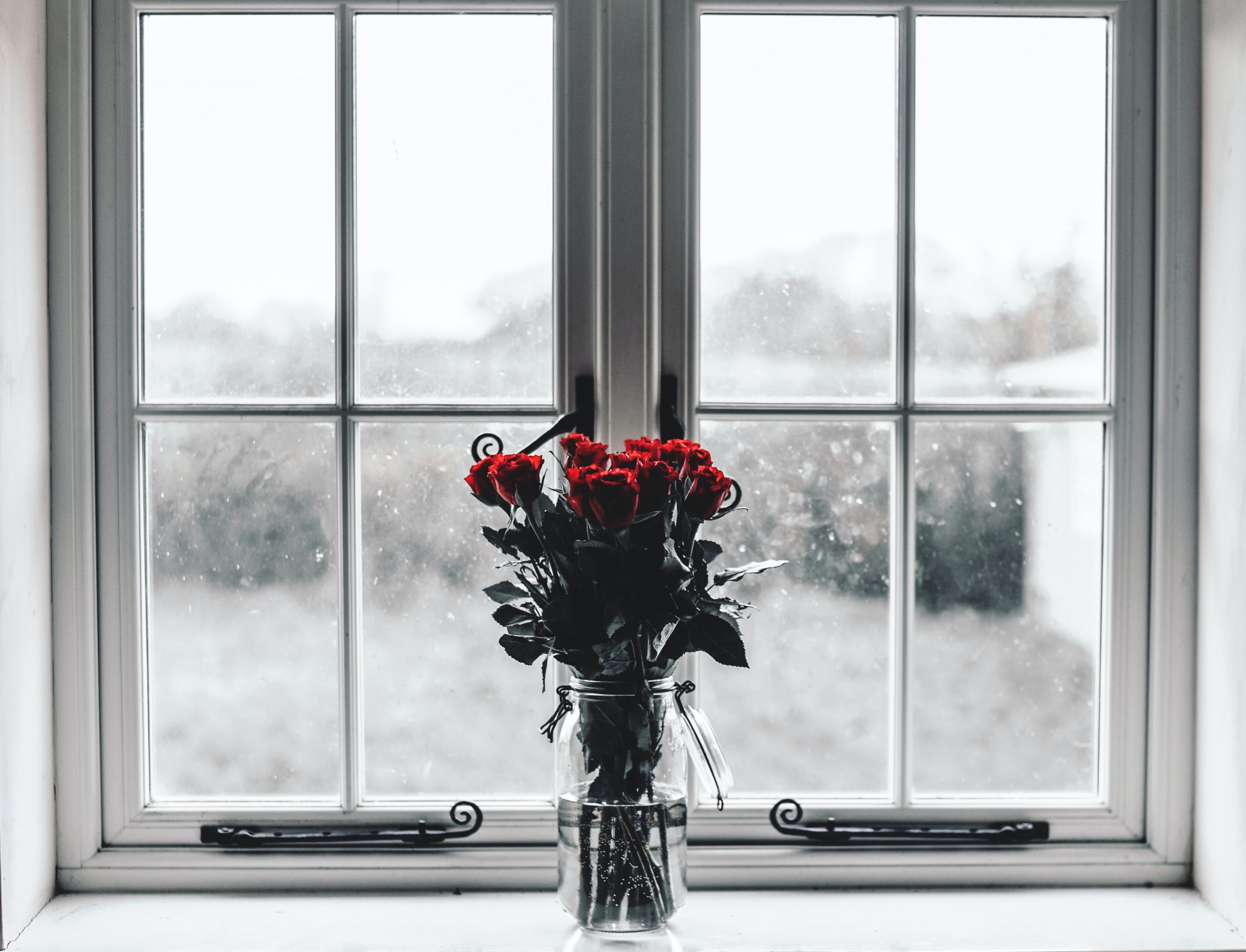

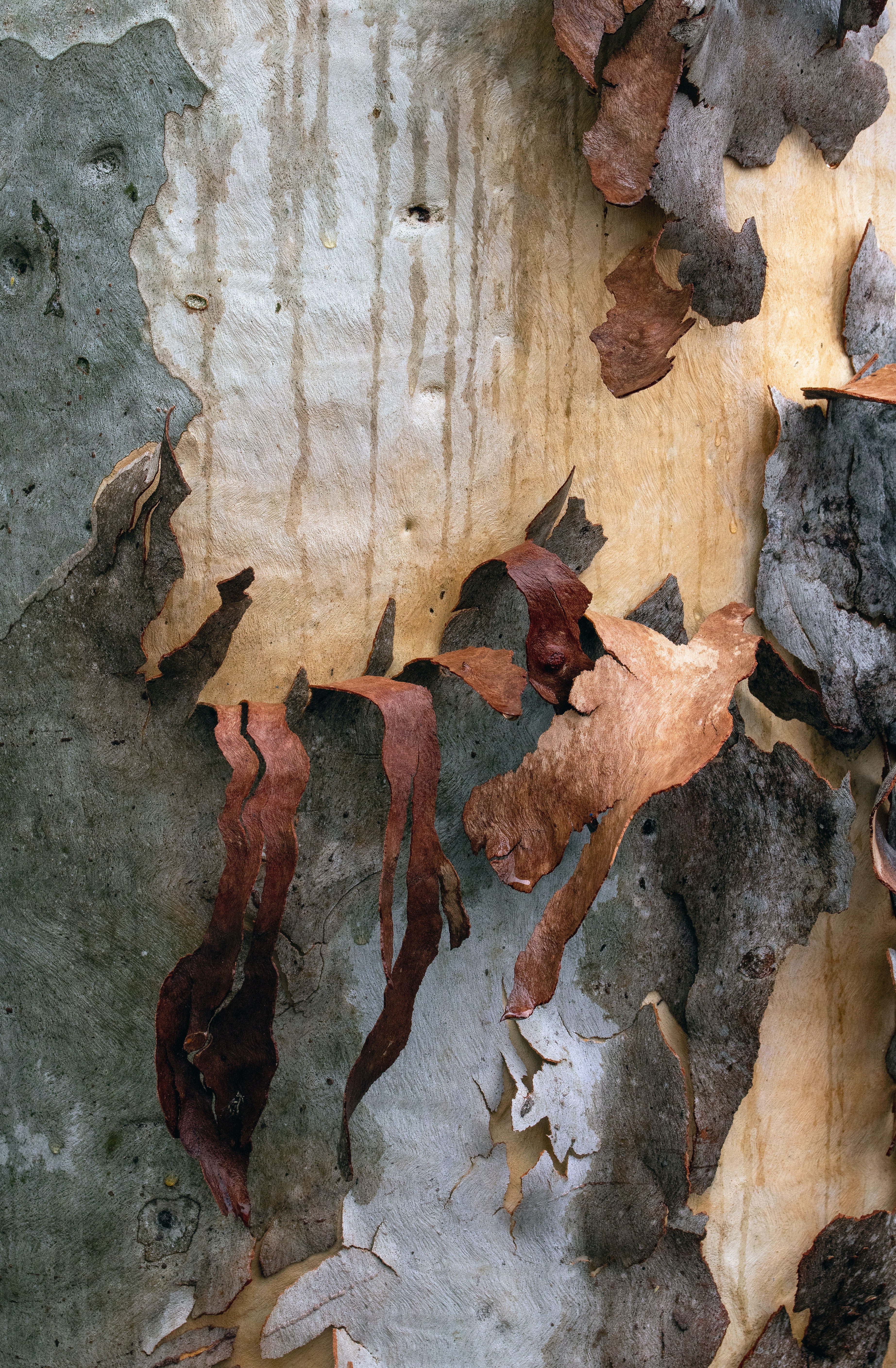
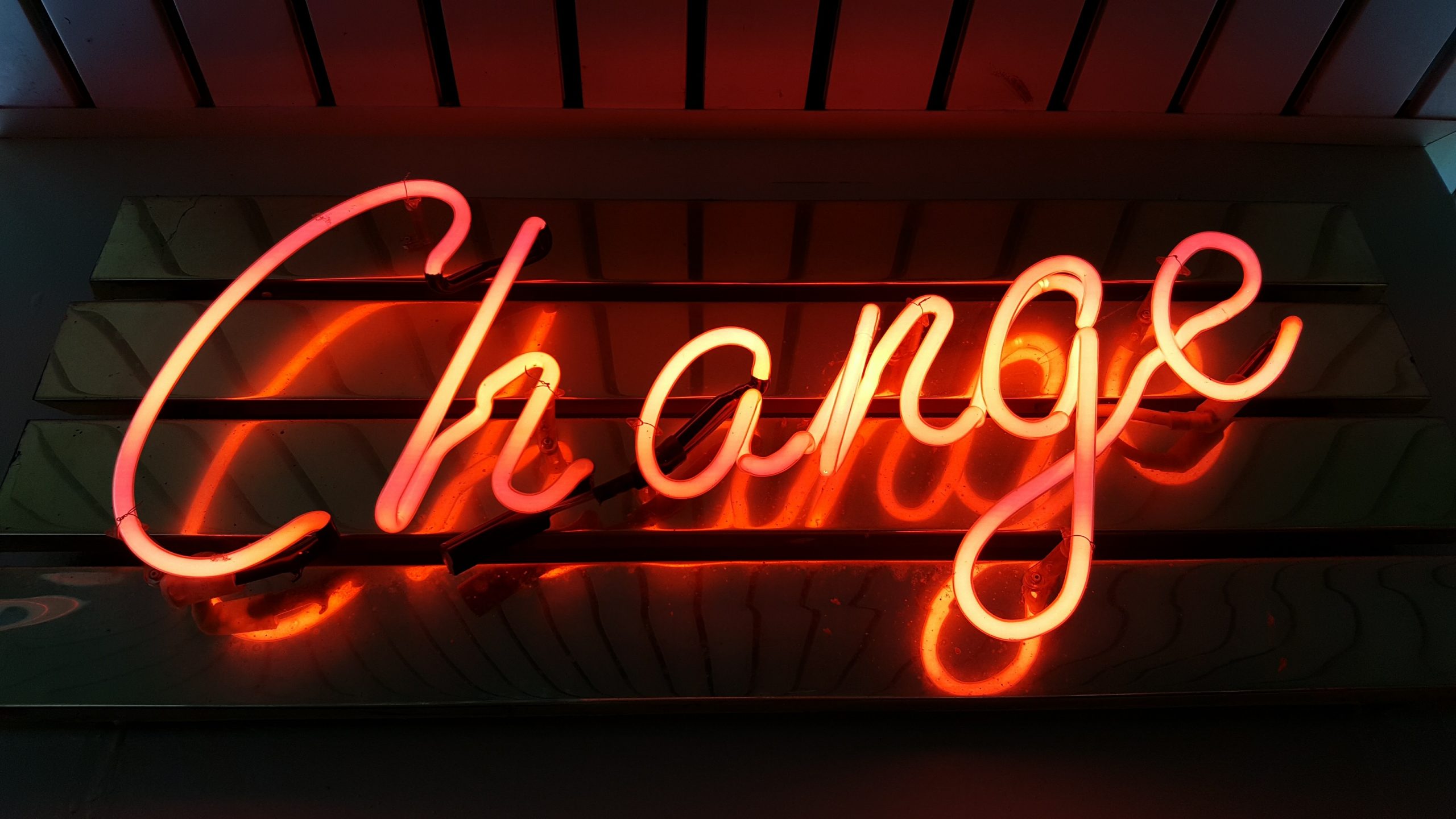
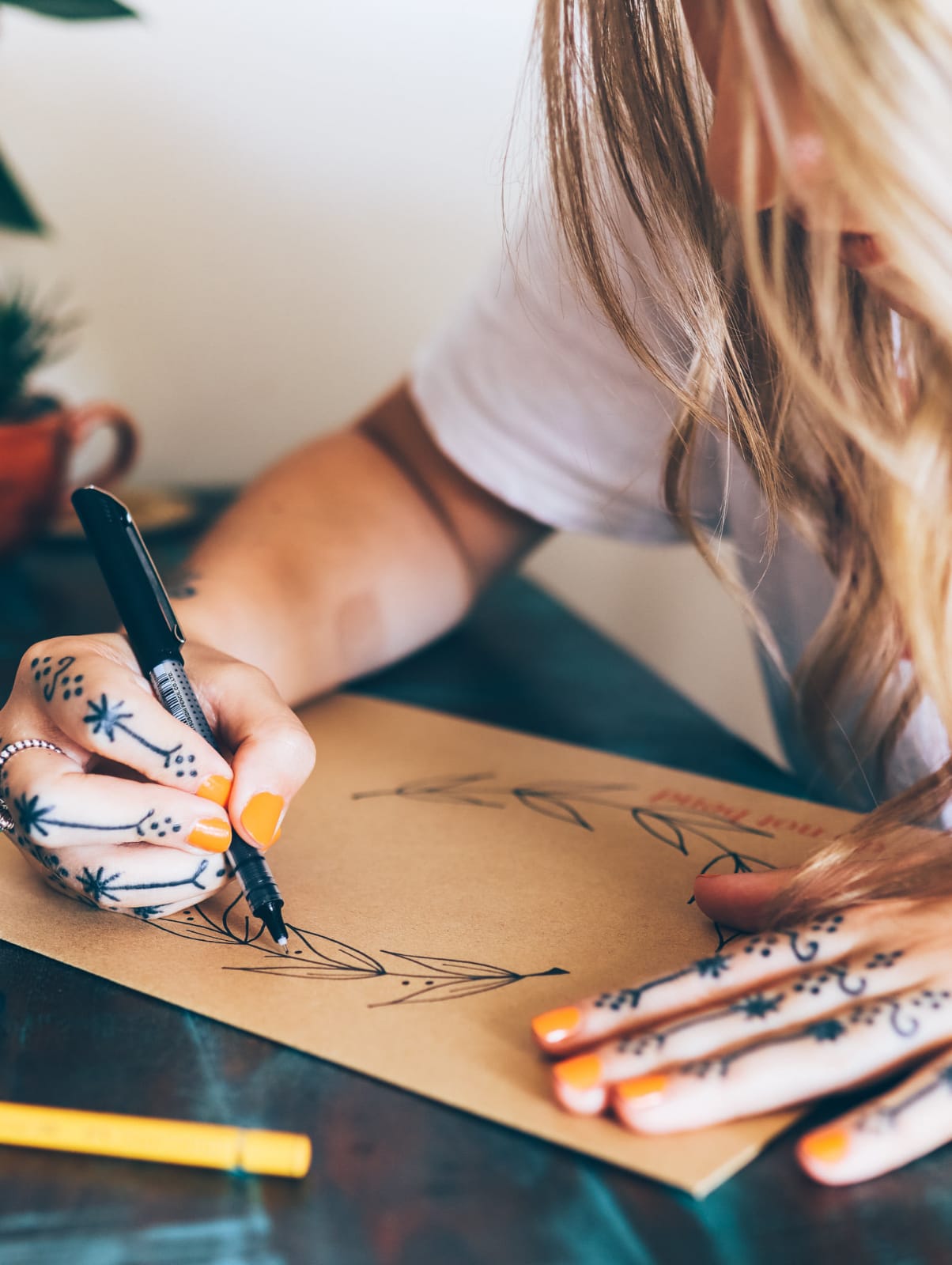
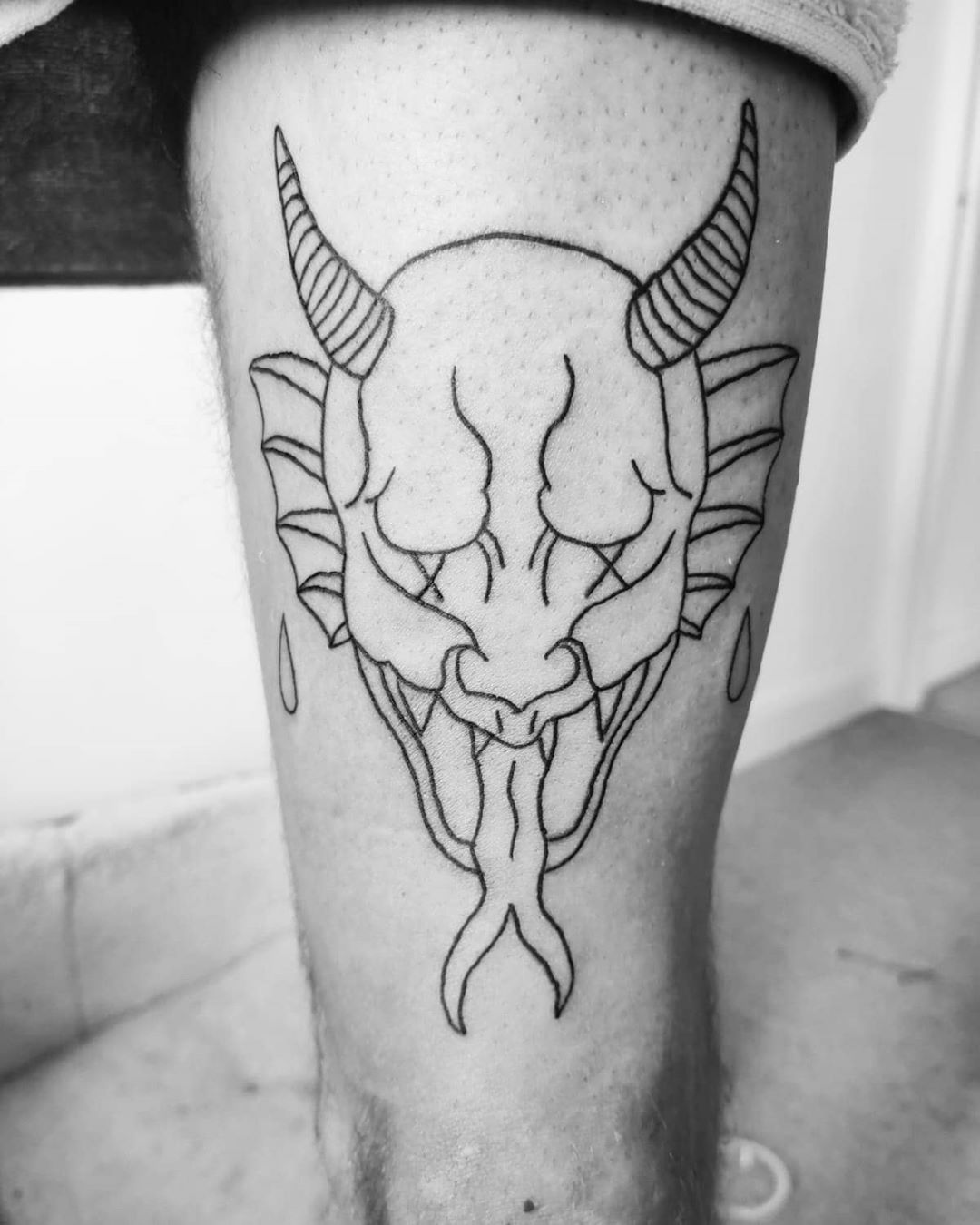
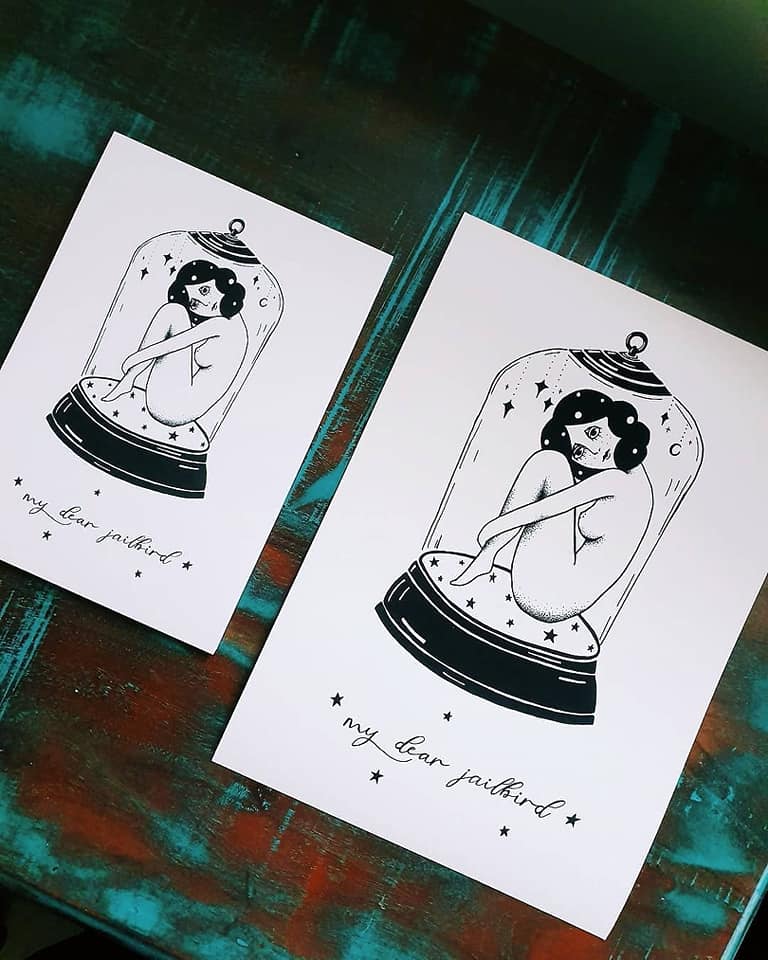
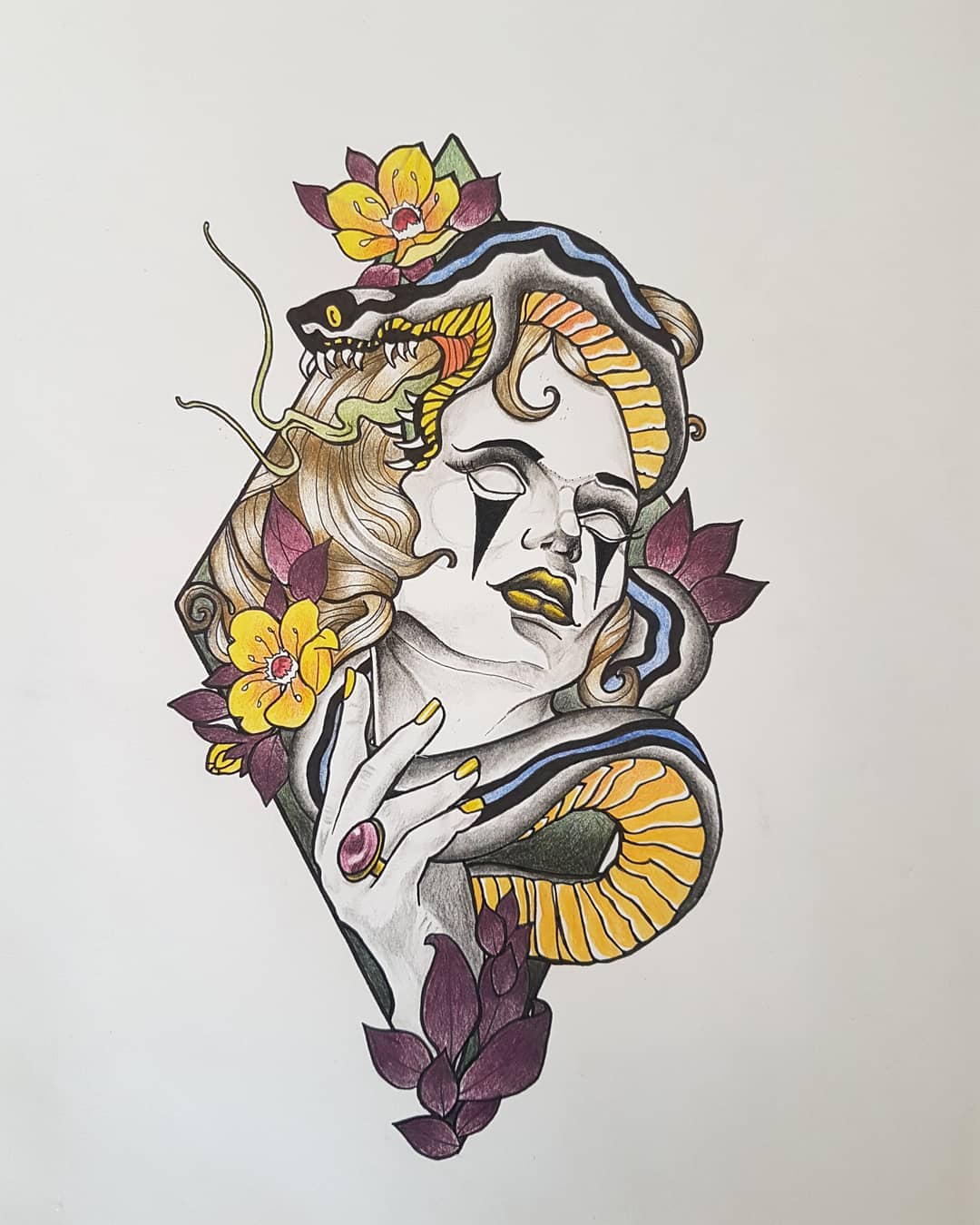
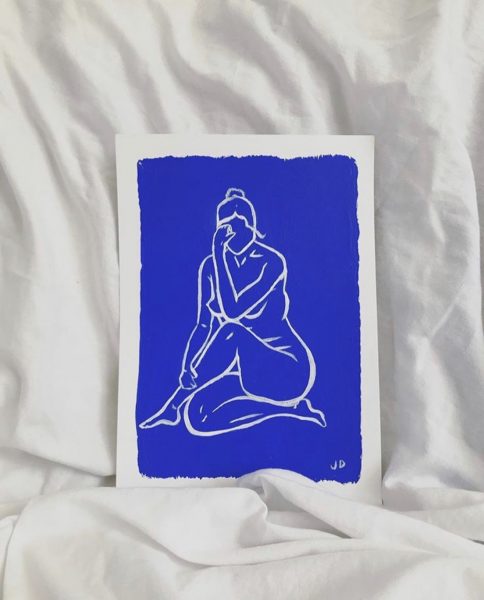
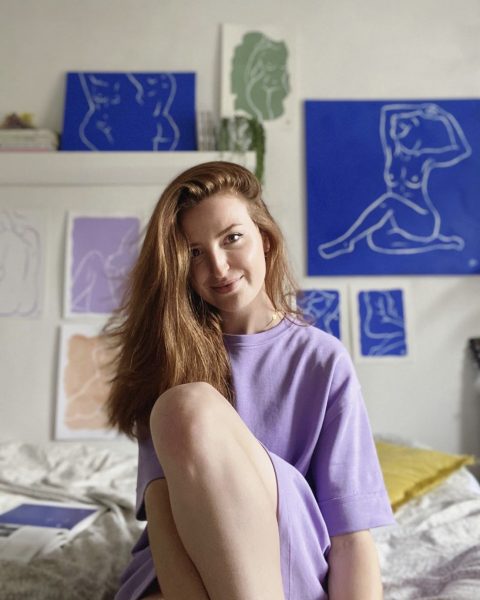
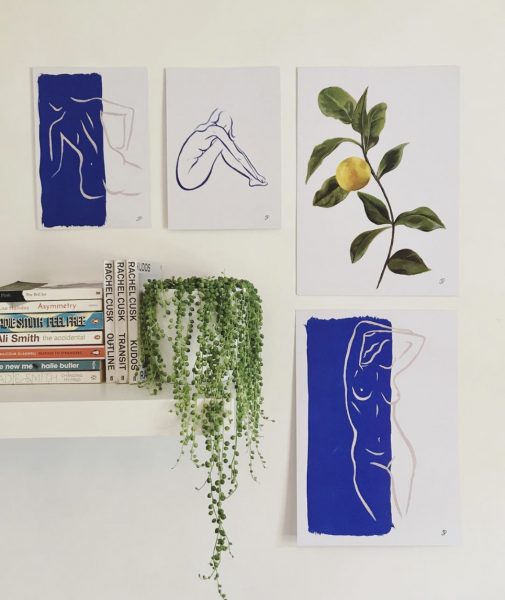
Recent Comments